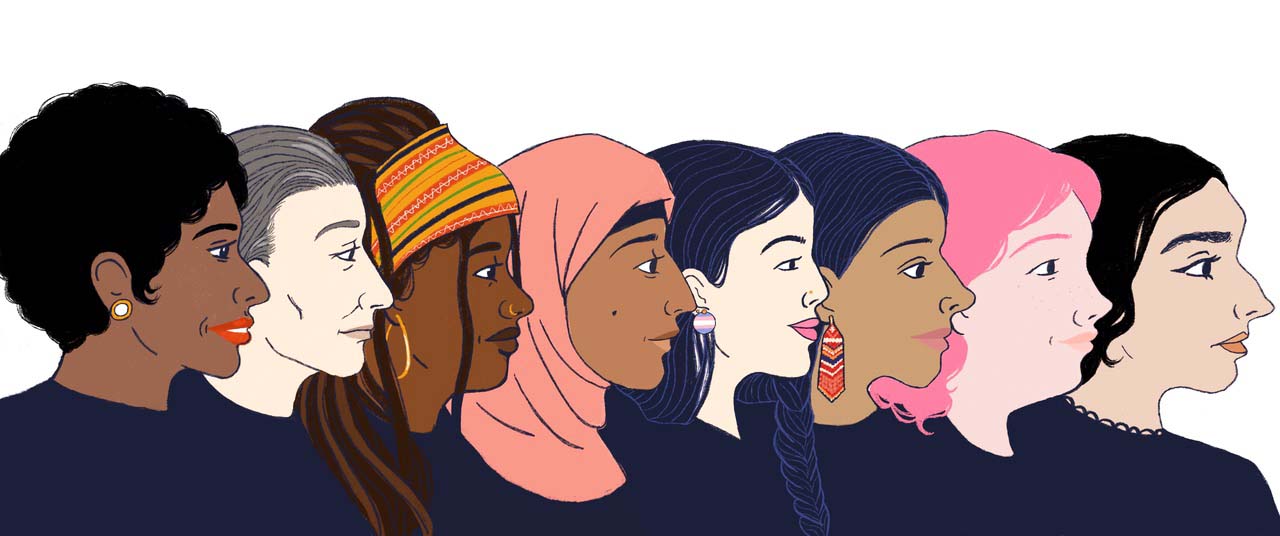As Black History Month draws to a close and Women’s History Month begins, it is important to not leave the conversations and lessons of the previous month behind.
In the last edition, I mentioned that conversations pertaining to various communities and identities should not be confined to just one month. Here, I will also emphasize the need to understand intersectionality.
Identities are intersectional in that people fit into different groups, all of which may subject them to different experiences.
For example, a Black woman would experience the world differently from a white trans woman. Both of them have experiences grounded in their race and gender, but each experience is also coloured by their personality and others’ perceptions.
All of which is to say, that our identities are fluid, multifaceted and personal.
It is difficult, then, to not be cynical about celebrations of specific aspects of our identities. Tokenization is an easy trap to fall into, and avoiding it takes careful thought and reflection.
It is clear when another person is only including you for the sake of saying they had a woman on the team or consulted with a person of colour.
It is uncomfortable because, on the one hand, you have to take all opportunities to share experiences and opinions in places where people like you may not always be welcome. On the other, it means facing a lot of disrespect and fighting an uphill battle with people that may not give you the care or thought you deserve.
So to all the women, the racialized folks, the gender non-conforming folks and everyone else that has been tokenized: you don’t have to talk if you don’t want to.
You don’t have to share your pain, you don’t have to tell your story, you don’t have to put your life on display. Every experience is an opportunity, but you don’t have to take every opportunity.
Your silence is a right: your stories are a privilege.
It takes courage to live in this world. That you are here is enough.




Leave a Reply